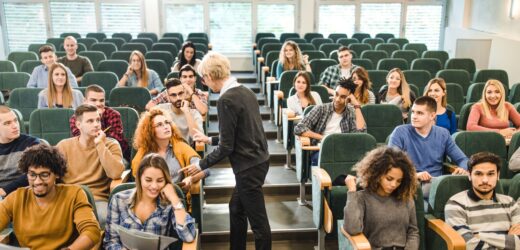In recent years, the phrase active learning has become commonplace across the academic disciplines of higher education. Indeed, most faculty members are familiar with definitions that go something like this: Active learning involves tasks that require students not only to do something, but also to think about what they have done. Moreover, many faculty have already incorporated into their teaching activities associated with active learning, such as interactive lectures, collaborative learning groups, and discussion-related writing tasks.
However, faculty may not be aware that, from the perspective of cognitive psychology, the meaning of active learning is slightly different. According to cognitive psychology, active learning involves the development of cognition, which is achieved by acquiring "organized knowledge structures" and "strategies for remembering, understanding, and solving problems." (This particular definition is from a cognitive psychology text edited by Bransford, Brown, & Cocking, How People Learn: Brain, Mind, Experience, School.) Additionally, active learning entails a process of interpretation, whereby new knowledge is related to prior knowledge and stored in a manner that emphasizes the elaborated meaning of these relationships.
Faculty interested in promoting this cognitively oriented understanding of active learning can do so by familiarizing their students with such cognitive active learning strategies as activating prior knowledge, chunking, and practicing metacognitive awareness.
Active Learning: A Perspective from Cognitive Psychology

Related Articles
I have two loves: teaching and learning. Although I love them for different reasons, I’ve been passionate about...
I often wear sunglasses on my walk from my parking spot on campus to my office. I recently...
Students taking online classes represent a key part of the college-attending population. Demand for online classes and online...
As AI use continues to grow in the field of education, we are only beginning to discover potential...
Recently, a student sent me a political news article with the comment “Things are falling apart.” I didn’t...
You’ve prepared a fabulous, interactive class. You’ve designed engaging activities, developed meaningful discussion questions, and cultivated an inviting...
AI has become a part of nearly all facets of teaching, from lesson development to exam creation to...








